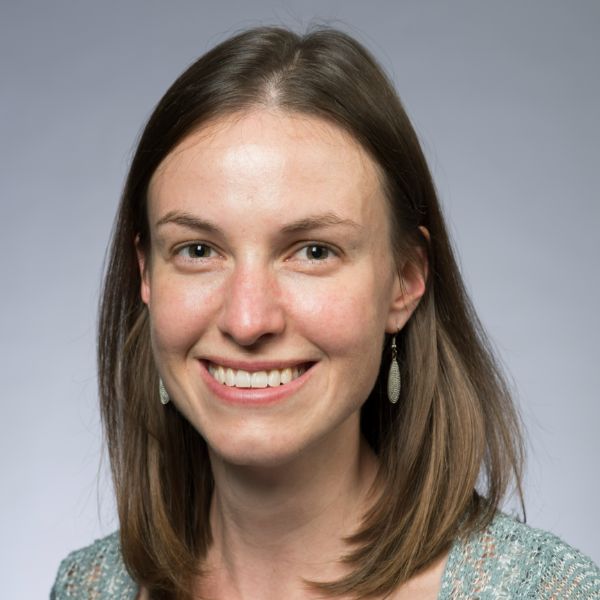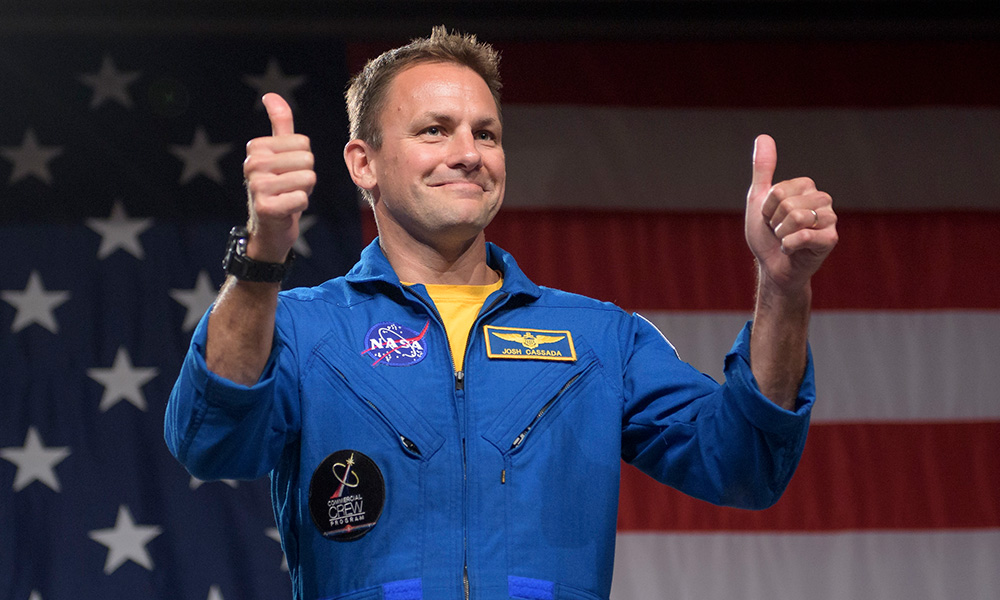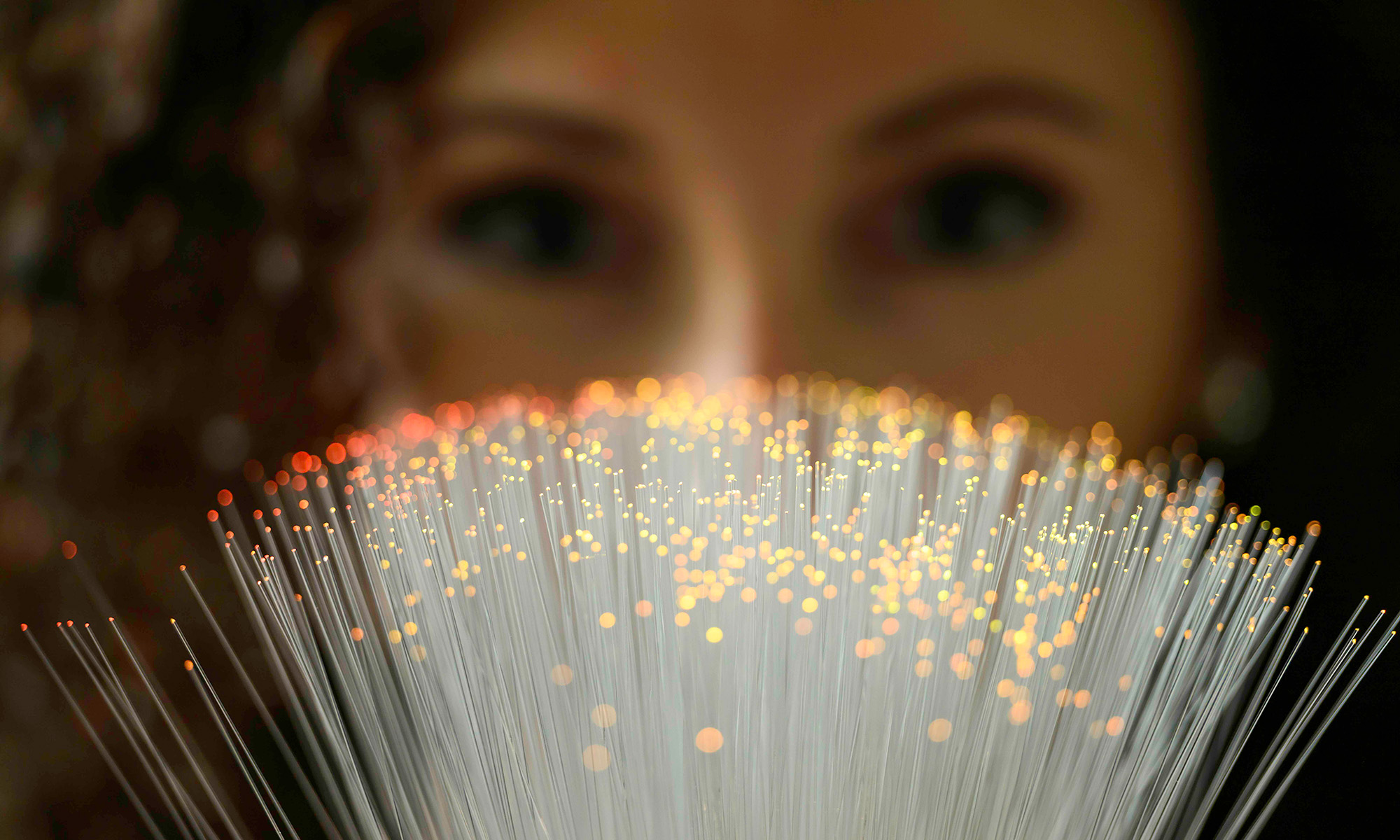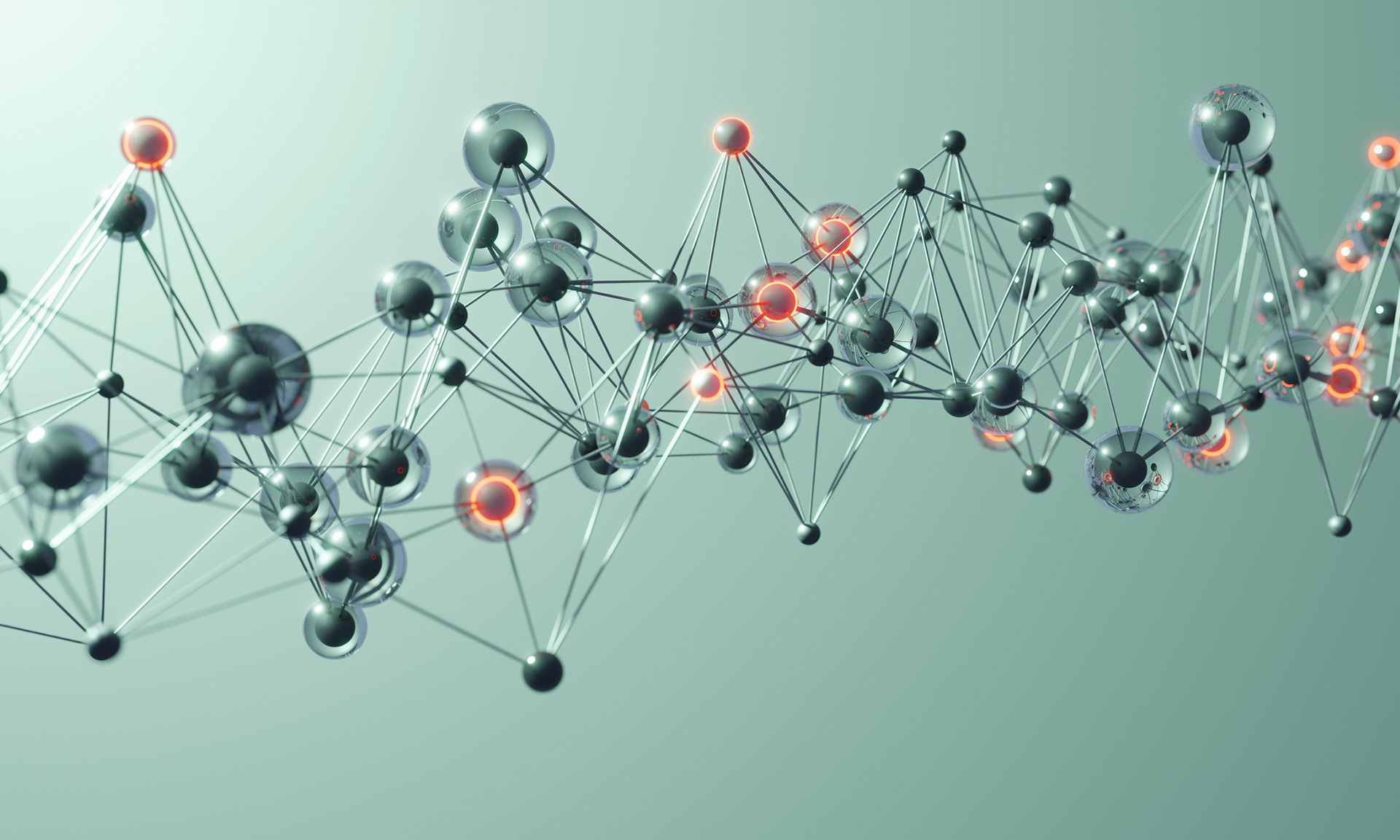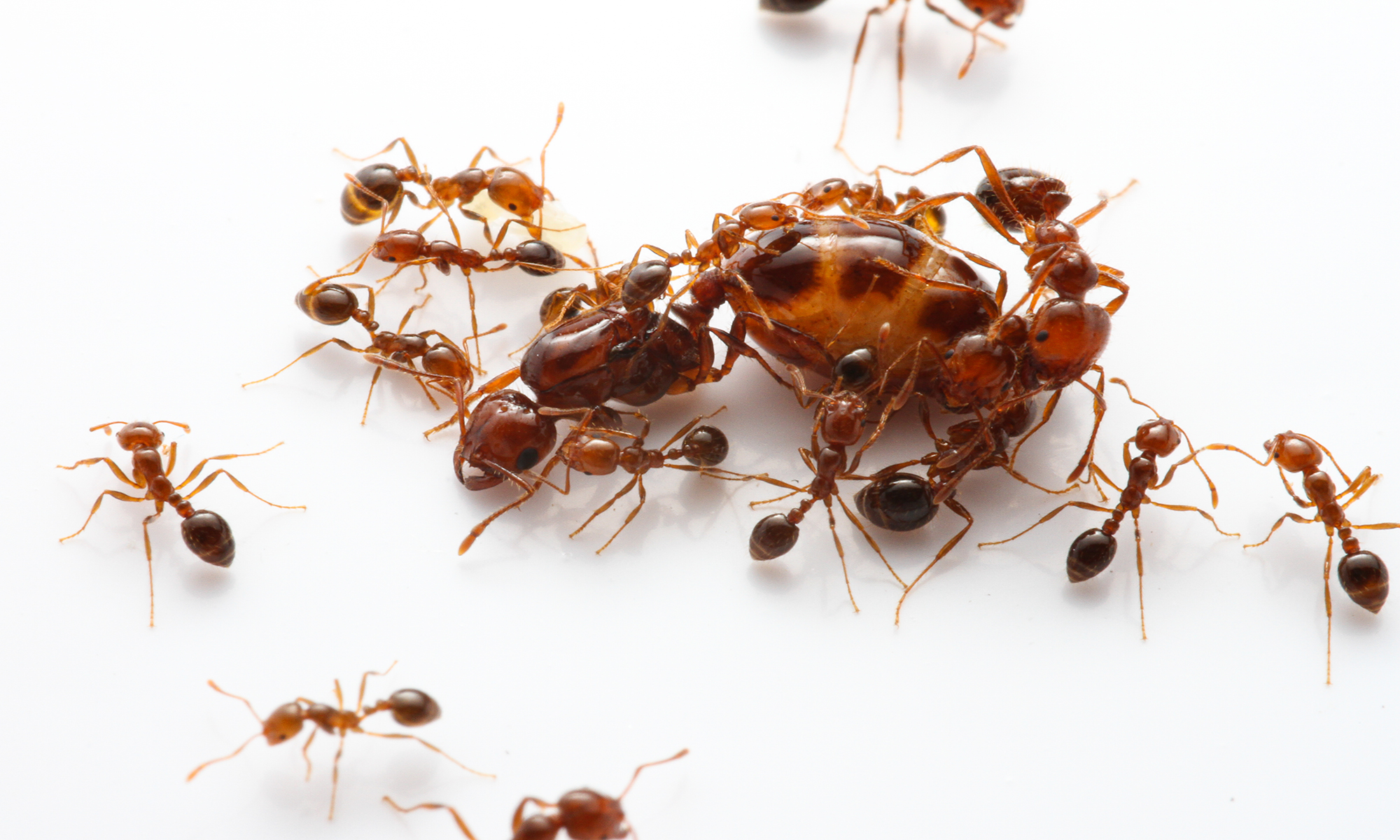University of Rochester alumnus Josh Cassada ’00 (PhD) has been named one of nine NASA astronauts making up the first U.S. crew in history to journey to space in American-made, commercial spacecraft.
The spacecraft capsules, Boeing’s “Starliner” and SpaceX’s “Crew Dragon,” will carry the astronauts to and from the International Space Station, beginning in 2019. Cassada and the rest of the crew will be the first astronauts to launch from U.S. soil since 2011, when NASA announced the end of its own space shuttle program. NASA has worked closely with both Boeing and SpaceX to develop and test the spacecraft.
The historic mission, which NASA administrator Jim Bridenstine calls a “new era of human spaceflight,” will also be Cassada’s first trip into space, a dream he cultivated while he was a physics student at Rochester. Cassada would be the third Rochester alumnus to go to space, joining Jim Pawelczyk ’82 and Ed Gibson ’59 (who set a record in 1974 for his time on Skylab).
“The thing that set Josh apart from when I first knew him was that his goal in getting a PhD in physics was to build his credentials for becoming an astronaut,” says Kevin McFarland, a professor of physics at Rochester. As a student, Cassada was in a research group co-led by McFarland. After earning his PhD, Cassada joined the Navy to train as a pilot and later co-founded Quantum Opus, a photonics research firm. In 2013, NASA selected Cassada as a member of its new class of astronaut trainees. He has currently been training for the first post-certification mission on the Starliner, which will be the second crewed flight for the commercially-made capsule.
“It’s really amazing to see talented students come to the University with these fantastic goals, even long-shot ones like Josh’s, and then take what they learn at the University and succeed,” McFarland says. “You don’t need a PhD in physics to be an astronaut, but Josh understood that pursuing one was a way to build and highlight a part of a skill set that makes him suited to be an astronaut.”

